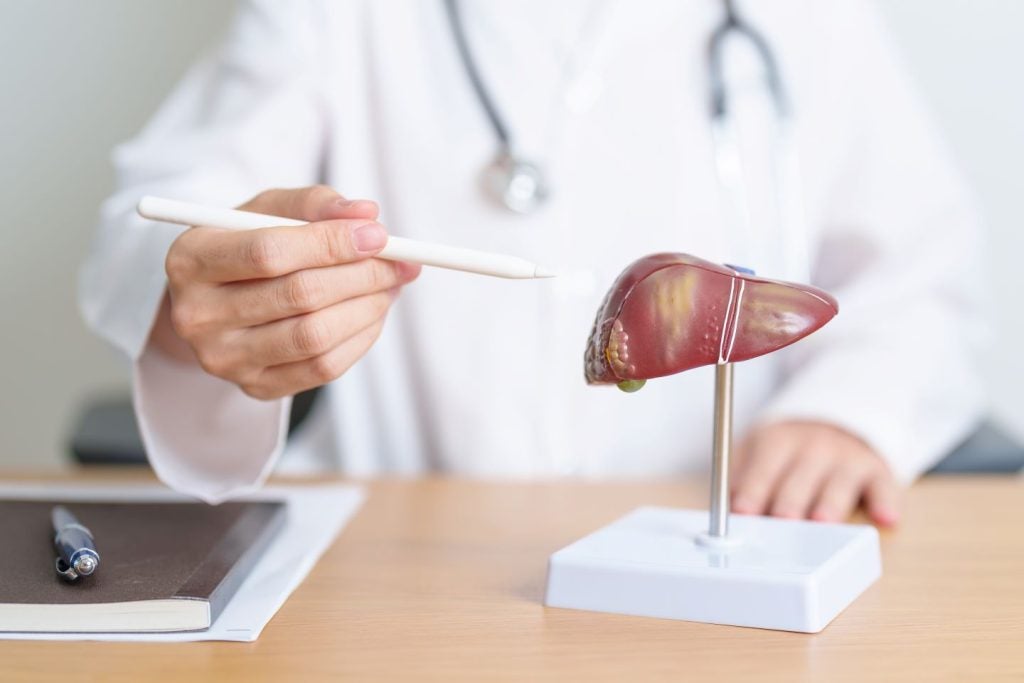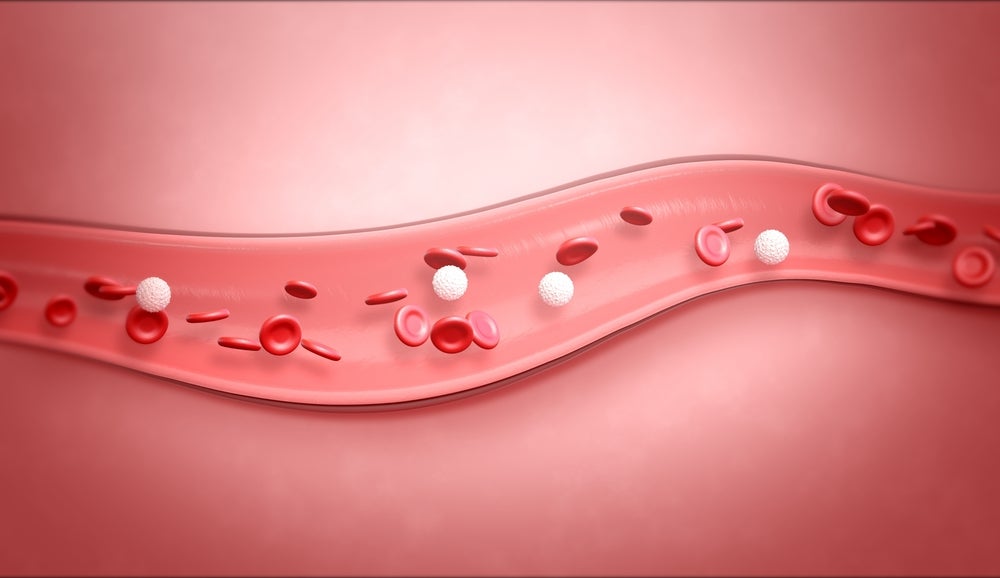Clinical trials show success for new cancer treatment – Cosmos
Viviane Richter from Cosmos reports that terminally ill cancer patients have been given new hope by a potential revolutionary treatment.
Results revealed at the ASCO annual meeting held earlier in June show that patients with advanced bladder, head and neck cancer, and classical Hodgkin lymphoma had their lives extended by immunotherapy.
Whereas treatments like chemotherapy are designed to target cancer cells, immunotherapy retrains the immune system in order to fight them.
See more here to read this article
See Also:
Pioneering cancer drug combination approved – BBC News
Following on from Richter’s report, the BBC’s James Gallagher revealed the NHS has bought a pair of cancer drugs that attack the immune system.
How well do you really know your competitors?
Access the most comprehensive Company Profiles on the market, powered by GlobalData. Save hours of research. Gain competitive edge.

Thank you!
Your download email will arrive shortly
Not ready to buy yet? Download a free sample
We are confident about the unique quality of our Company Profiles. However, we want you to make the most beneficial decision for your business, so we offer a free sample that you can download by submitting the below form
By GlobalDataIn clinical trials, the combination therapy was found to have shrunk an extremely aggressive form of skin cancer in almost 70 percent of patients.
The drugs, Ipilimumab and nivolumab, were fast tracked to approval by the NHS in a move that is likely to be adopted throughout the UK.
For more, read here
More clinical trials are succeeding for the first time in years – STAT
Ed Silverman of STAT has revealed more clinical trials are experiencing greater rates of success after years of decline. According to a McKinsey & Co. study carried out between 2012 and 2014, more than 11 percent of clinical trials succeeded, bucking a downward trend the industry had been suffering for the past 20 years.
Experts say the change in fortunes could be attributed to drug firms using their resources more judiciously. With cutbacks being made to R&D departments across the industry, companies have been more selective in how they spend their research dollars. This resulted in "higher quality product pipelines which, in turn," may have accounted "for the improved showings in clinical trials."
For more on this story, click here
Be a Champion for Clinical Trial Diversity – FDA Voice
The FDA has announced a drive to get more minorities to enrol in clinical trials for all medical conditions, reports FDA Voice.
The campaign was launched on World Sickle Cell Day, a day annually observed to increase and highlight awareness of Sickle Cell Anaemia, a disease that mainly affects people of African and Hispanic descent.
"We want to encourage diverse communities to learn more about how they can become a part of the research process to bring new therapies to the market," writes Jonca Bull, M.D., FDA assistant commissioner for Minority Health.
Read the rest of Bull’s thoughts here
HIV vaccine moves towards clinical trials – Medical Express
Medical Express reports that a new vaccine designed to treat HIV has moved a step closer towards clinical trials.
Developed by Oregon Health Sciences University (OHSU) and the California National Primate Research Center, the vaccine uses another virus, cytomegalovirus (CMV), "to carry small pieces of HIV into the body," thereby arming the immune system.
OHSU plans to start enrolling patients for a phase 1 study in the summer of 2017. Medical Express writes the university will use the clinical trial only to gauge the safety of the vaccine, and to see if it triggers an immune response in people.
Read the full article here
PHOTO CREDIT: Jon S via Flickr Creative Commons






